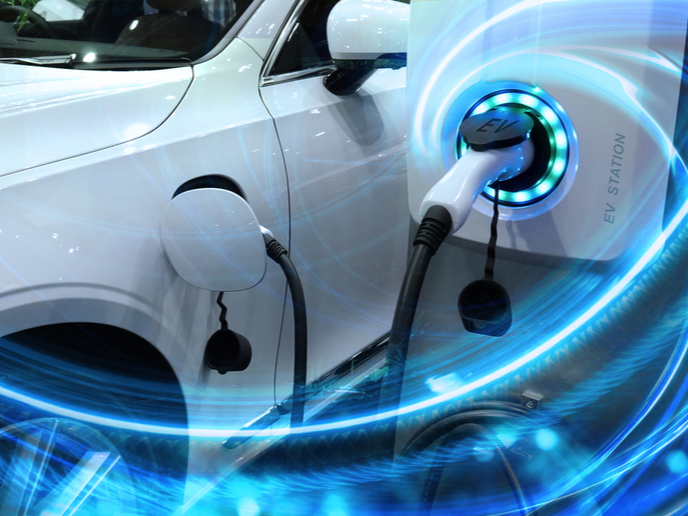Making charging easier for electric vehicle users
Charging their EV may soon be much easier for drivers in Germany and Spain. The reason is an innovative control system that allows EV drivers to reserve a charging station and ensures that the station is kept free for their use. The system is to be integrated into the apps of regional operators in four German cities and one Spanish city and tested at selected charging stations in those cities as part of the EU-funded MEISTER project. Developed by German company Green Mobility Solutions, the system has been fittingly named Book-n-Park. Through Book-n-Park, drivers can check charging station availability on their smartphone and reserve the station at short notice. A battery-powered, internet-enabled parking bracket that’s controlled using an app keeps the charging station free and reports availability to the control system. The driver who has reserved the charging station can open the parking barrier remotely at the selected time using the app.
Taxis and private cars to test reservation system
The selected charging stations at which the system will now be tested are located in Berlin and Malaga. The trial in Berlin will involve several charging stations in Kreuzberg, a district in Berlin. “Reliably available charging infrastructure has been recognised by many municipalities as the key to switching from the combustion engine,” observed Green Mobility Solutions Managing Director Mathias Hornjak in a news item posted on electrive.com. “We want to increase efficiency, utilisation and ease of use with intelligent charging infrastructure. In the course of the project, different reservation forms and times will be tested, and later also the users’ willingness to pay for the reservation service,” explained Berlin project coordinator Sabrina Schimmel of MEISTER project partner Senate Department for Environment, Transport and Climate Protection in the same news item. In Berlin, the control system will be integrated into the MEISTER Neighbourhood Mobility App. Those who are interested can test the service at Lindenstraße 113, Kreuzberg, free of charge for now. E-charging stations in Malaga are also currently being equipped with the smart charging system. As the news item reports, the parking brackets should be simple to install, requiring only “four screws or bonding,” depending on the surface. “Our focus during development was precisely on simple and quick installation without foundations, supply lines or construction work,” a spokesperson for the company reported. “The brackets can be dismantled just as easily. Also, you can get by almost everywhere without a building application, but there are municipal differences here.” The battery-operated barriers do away with the need for power supply lines and are expected to last more than a year under normal operating conditions. MEISTER (Mobility Environmentally-friendly, Integrated and economically Sustainable Through innovative Electromobility Recharging infrastructure and new business models) is tackling the obstacles preventing widespread EV deployment in Europe by designing and promoting business models that encourage operators to install charging infrastructure and drivers to use this infrastructure. The project ends in February 2022. For more information, please see: MEISTER project website
Keywords
MEISTER, electric vehicle, EV, charging station, mobility



